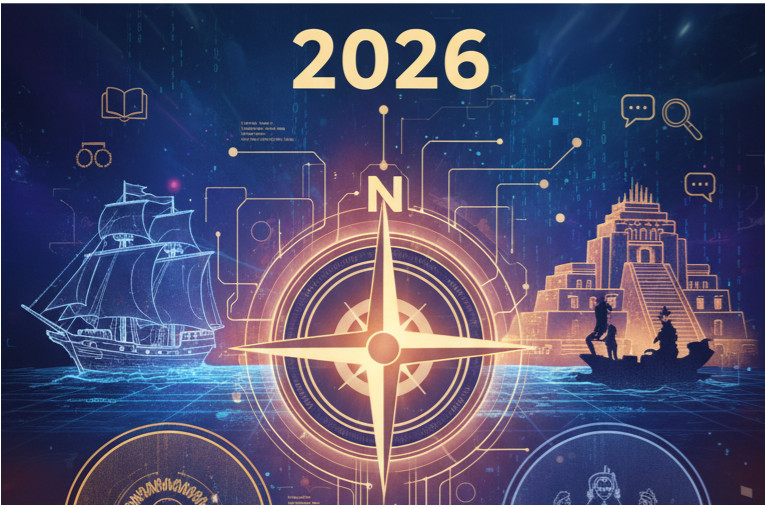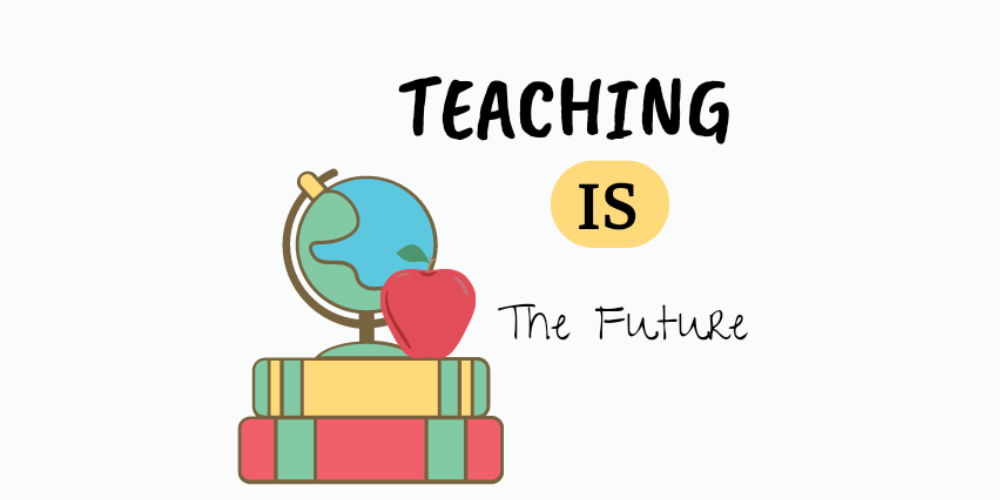Columbus Day 2026: Navigating History, Controversy, and Celebration!
Columbus Day 2026: Navigating History, Controversy, and Celebration!

1. Introduction: More Than Just a Day Off?
Columbus Day. The second Monday in October. A federal holiday. But it's so much more, isn't it? More than just a day off from work or school, it's a date etched in the American consciousness, ostensibly commemorating Christopher Columbus's arrival in the Americas in 1492. Yet, as we fast approach 2026, this holiday feels less like a straightforward celebration and more like a cultural Rorschach test, provoking complex conversations and holding vastly different meanings for different groups. It's a holiday perpetually being renegotiated in the public sphere – a testament to the shifting sands of historical interpretation. So, let's delve into the heart of this day, unpack its layers of significance, and confront the ongoing debates it ignites.
2. The Many Faces of October's Second Monday: A Journey Through Time & Perspectives
A Glimpse into the Past: How It All Began 🗓️
The seeds of Columbus Day were sown long before it became a national observance. Informal celebrations bubbled up in the late 18th century, a nascent recognition that grew steadily throughout the 19th. But it wasn't until 1907 that Colorado declared it a state holiday, a pivotal moment. Fast forward to 1937, and Columbus Day was officially enshrined as a federal holiday, solidifying its place in the national calendar. Since 1971, it has been observed on the second Monday of October.
The initial impetus for its widespread adoption often came from Italian-American communities. For them, it was a day of profound significance, a chance to celebrate their heritage, honor exploration, and acknowledge the substantial contributions of immigrants to the American tapestry. It was a day to proudly showcase their ancestral lineage and underscore their integral role in shaping the nation's identity.
Today's Diverse Views: A Tapestry of Opinions 🌍
Today, the landscape is far more nuanced. For some, Columbus Day remains a cherished celebration of heritage, a time to connect with their Italian roots and celebrate the spirit of discovery that Columbus embodies. They see it as a tribute to their cultural pride and the legacy of exploration that has shaped the modern world.
However, for a growing number of individuals and communities, Columbus Day is a day of profound pain and remembrance. It serves as a stark reminder of colonialism's devastating impact, the exploitation of Indigenous lands and resources, and the violence and disease that decimated Native populations.
The reality is that the day's meaning is far from monolithic. It's a complex and often contradictory blend of celebration, reflection, and sorrow, contingent on one's personal perspective and heritage. It's a day that forces us to confront the multifaceted nature of history and the ways in which different groups experience the past.
At the Heart of the Debate: Competing Narratives 🤔
The core of the controversy lies in the irreconcilable clash between celebrating Columbus as a "discoverer" and acknowledging the vibrant and complex Indigenous civilizations that thrived in the Americas long before 1492. It's a conflict between the glorification of exploration and the recognition of the subsequent displacement, violence, and disease that Columbus's arrival unleashed upon Native populations.
In response to this historical reckoning, Indigenous Peoples' Day has emerged as a powerful counter-narrative. It offers a vital opportunity to honor Native American history, culture, and resilience, providing a platform for Indigenous voices and perspectives that have long been marginalized in mainstream historical accounts.
3. Navigating October 2026: Engaging Thoughtfully and Educating Empathetically
Opening Up Dialogue: Conversations for All Ages 💬
As Columbus Day 2026 approaches, we have a unique opportunity to engage in meaningful dialogue about its complex history and significance. Parents and educators can play a crucial role in fostering these conversations, creating safe spaces for open and age-appropriate discussions.
Instead of shying away from the difficult aspects of Columbus's legacy, we should encourage critical thinking by asking questions like, "What do we know about this day?" and "How might different people feel about it?" By exploring multiple perspectives, we can help students develop a more complete and nuanced understanding of the past.
Exploring Beyond the Single Story: Resources & Perspectives 📚
To truly understand the complexities of Columbus Day, it's essential to seek out diverse historical resources that offer multiple perspectives. Explore books, documentaries, and educational materials from both mainstream historical accounts and Indigenous sources.
Focus on understanding the "before," "during," and "after" of 1492, acknowledging the profound and lasting impacts of Columbus's arrival on Native populations and the subsequent shaping of the Americas.
Looking Ahead: The Future of Observance by 2026 ✨
The trend toward recognizing Indigenous Peoples' Day is gaining momentum. More states, cities, and school districts are officially acknowledging it, sometimes in conjunction with or instead of Columbus Day. This shift reflects a growing awareness of the need to honor Native American history and culture.
As we approach 2026, it's likely that this trend will continue, leading to further changes in local and state observances. There are also ongoing discussions at various levels about potentially changing federal recognition or observing both holidays as a way to acknowledge complex histories and promote inclusivity.
4. Conclusion: A Day for Reflection, Not Division
Columbus Day 2026, regardless of how it's observed locally, offers a valuable opportunity for historical reflection and learning. Let's approach it with a thoughtful mindset, embracing complexity rather than promoting division.
By engaging with its history and current discussions, we can move towards a more inclusive understanding of our past and shape a more respectful future for all. It's a chance to learn, to listen, and to build bridges of understanding between different communities.



